Every nursing mother is concerned about what sort of foods she can eat and whether or not she should add any supplements to her diet. There is a lot of information about these issues, but it is sometimes contradictory. So, what should mothers do?
A group of French researchers from four university hospitals conducted a study titled “Effects of Maternal Supplementation with Omega-3 Precursors on Human Milk Composition,” which was published in the Journal of Human Lactation. The researchers assessed whether the addition of some kind of omega-3 precursor to the mother’s diet improved the quality of breast milk and, therefore, benefited the baby’s nutrition.
Background
Long-chain polyunsaturated fatty acids (i.e., healthy fats) are very important for the development of the baby’s brain and central nervous system. Newborns can synthesize fatty acids from precursors, but this synthesis seems to be insufficient during the first year of life. In fact, after several months of feeding with unsupplemented formula, babies have a significant decrease in plasma lipids and show lower brain development than breastfed children.
The researchers believed that the amount of fatty acids, such as alpha-linoleic acid, would increase in breast milk if the mother took omega-3 supplements.
How the Study Was Conducted
The inclusion criteria for the study were as follows: the breastfed infant had to be born between thirty-seven and forty-two weeks of gestation; breastfeeding must have occurred for longer than one month but shorter than four months; exclusive breastfeeding had to be extended for at least one month during the supplementation period; the mothers had to agree to consume fatty fish (mackerel) two times per week; and a signed informed consent form was provided.
Before beginning the study, none of the selected women received omega-3 in her diet for two weeks to avoid modified values.
The lactating women were then assigned into one of four groups: three groups were supplemented with omega-3 precursors (enriched margarine, rapeseed oil, and a mixture of both) and one group did not receive omega-3 precursors. (They used only olive oil.) The mothers consumed mackerel because this kind of fish, which is usually part of the Mediterranean diet, has a high omega-3 content (as indicated to the participants by a nutritionist).
After a fifteen-day supplementation regimen, breast milk samples were collected at home from all the mothers, and the fatty acid composition of all the samples was analyzed. The samples would later be compared across all groups.
Results
The concentration of long-chain polyunsaturated fatty acids was higher in all the groups that received omega-3 supplements compared with the group that just received olive oil. The mothers who received the combination of margarine and rapeseed oil had a greater increase of fatty acids in their breast milk, thus favoring their babies’ neurological development.
The dietary analysis indicated that breastfeeding mothers did not eat enough calories during the early lactation period, particularly carbohydrates; therefore, their diets did not provide the recommended levels of minerals and vitamins. Therefore, supplementing the diet with some type of omega-3 is justified in all lactating women, especially if their diet is not balanced and controlled.
Consult a pediatrician if there are any doubts about diet for the mother or the child. Remember that breastfeeding is always the best source of nutrition for infants.

Reference:
Mazurier, Evelyne, Virginie Rigourd, Paul Perez, Rachel Buffin, Leslie Couedelo, Carole Vaysse, Wafae Belcadi et al. “Effects of Maternal Supplementation with Omega-3 Precursors on Human Milk Composition.” Journal of Human Lactation 33, no. 2 (2017): 319–328. Retrieved from http://journals.sagepub.com

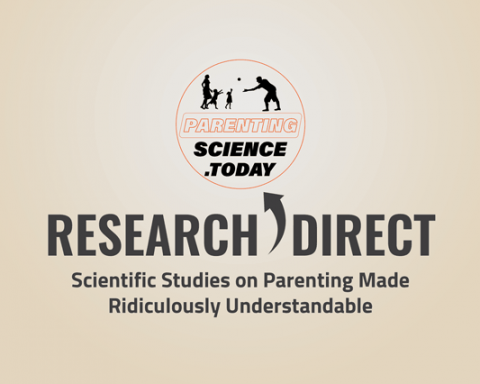
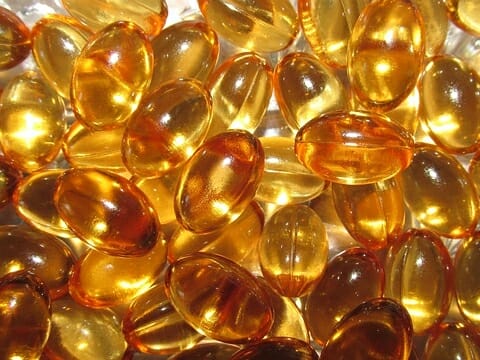
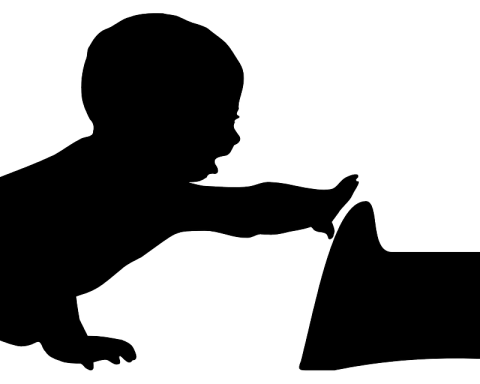



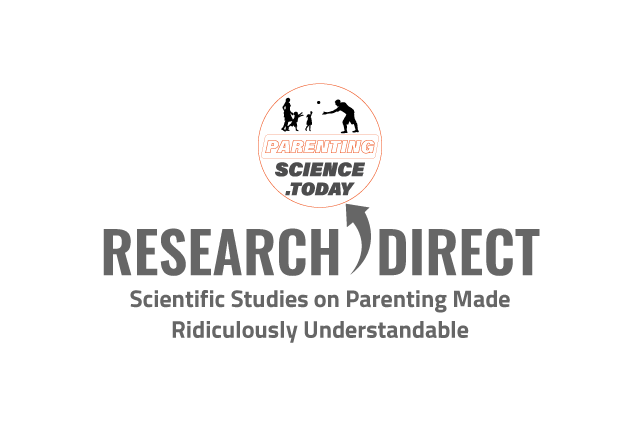



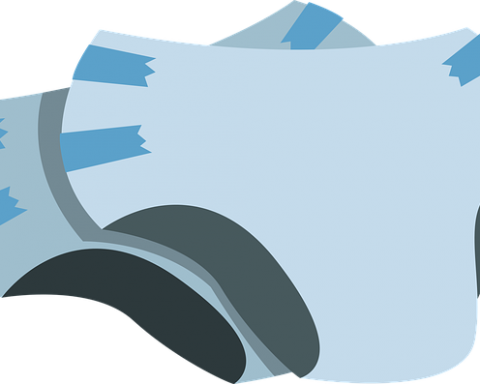

[…] can strike during the first month of breastfeeding and when the baby is being weaned off breast milk. If infection and severe pain occur because of […]